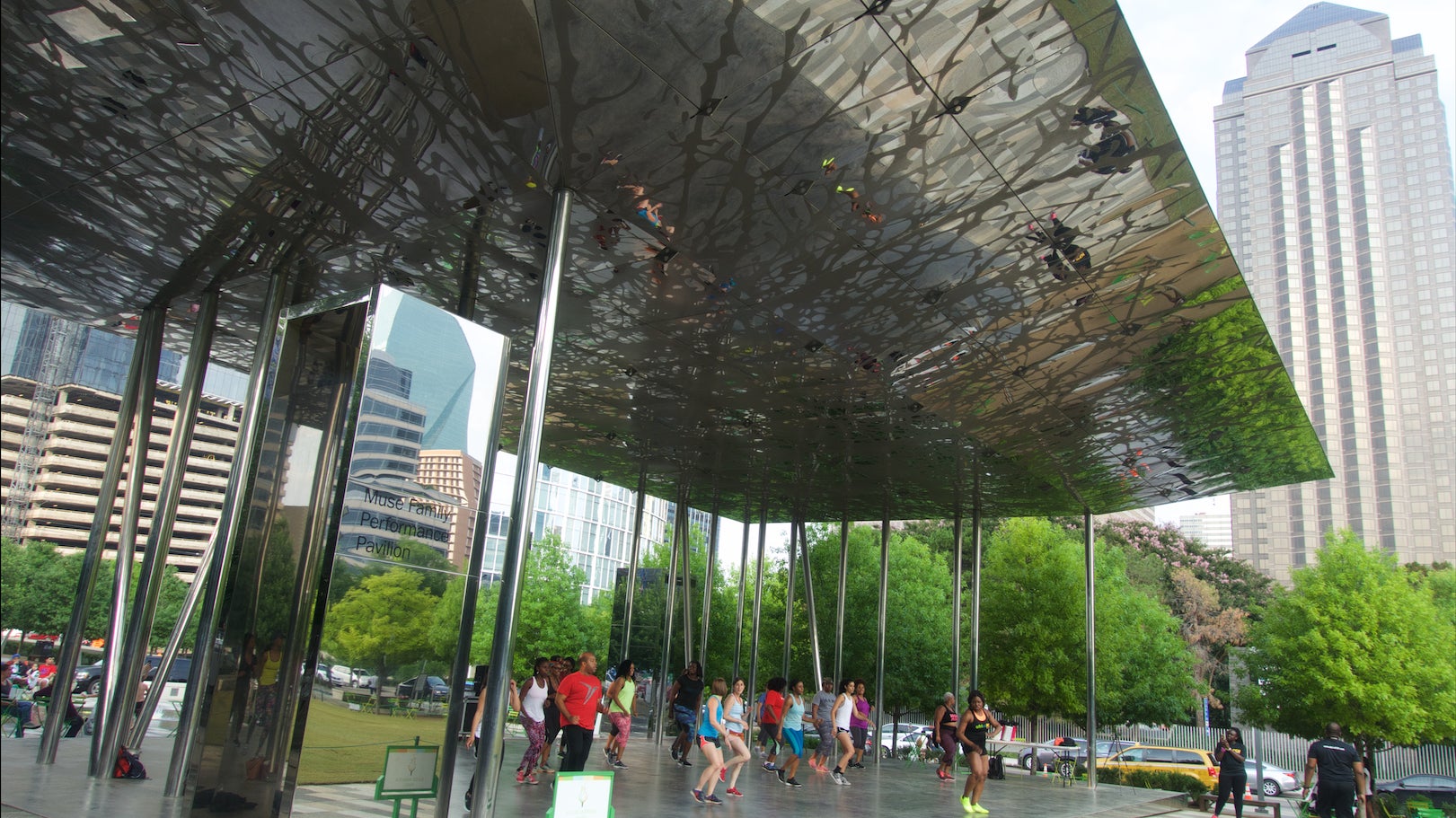The main reason Americans are ditching New York and flocking to cowboy land
New York may be a cultural mecca, the epicenter of global finance, and one of the world’s top fashion capitals, but it’s falling behind on a key factor that prompts people to pack their bags and move across the country: jobs.


New York may be a cultural mecca, the epicenter of global finance, and one of the world’s top fashion capitals, but it’s falling behind on a key factor that prompts people to pack their bags and move across the country: jobs.
From 2010 to 2016, more Americans headed out of New York to other places in the US than made the trip in the opposite direction, according to a Brookings Institution analysis released earlier this month. The city hemorrhaged 900,000 residents due to domestic migration, the biggest loss suffered by any major metro area in the country. Chances are, at least some of those former New Yorkers ended up in Dallas, the city that added the largest number of residents during that period.
The Big Apple and the Big D represent a broader national trend of Americans ditching the coasts and the Midwest for the cheaper real estate and brisk economy of the south, as seen in the chart below. Were it not for foreign immigrants, cities experiencing the resident exodus would have recorded visible population drops, according to Brookings.
Dallas offers a pretty compelling economic case for relocation. Its economy expanded 4% on average each year from 2011 to 2015, the latest year for which data is available. Next to that, New York’s 1.3% average annual rates looks downright paltry.
And while New York’s economy is more than three times as large as Dallas’s, over the past 12 months, roughly, the Texas city added more jobs. Indeed, Dallas was the top job generator in the country in March, producing 129,700 extra jobs compared to the same month last year. New York came in second in raw numbers, with 108,200 new jobs, but it added them at a much slower rate.
Dallas’s new jobs are, in part, the result of a very deliberate effort by regional economic developers to lure companies from other parts of the country. Among their latest coups: divisions of Toyota and Boeing, and Jamba Juice’s headquarters. But the metro area wasn’t always such a powerful corporate magnet. Indeed, 16 years ago, Boeing snubbed it in favor of Chicago for its new headquarters, reportedly because the company’s executives (and their wives) found Dallas to be somewhat of a cultural desert.
That spurred a downtown revitalization extravaganza that includes not one, but two of Santiago Calatrava’s iconic bridges, an ostentatious opera house designed by the firm of star architect Norman Foster, and a big park over one of Dallas’s ubiquitous freeways that regularly hosts yoga and African dance sessions. The city even created a PR campaign to update its brash cowboy persona, dubbed “Big things happen in Dallas.” The goal, according to Dallas’s mayor, was to “dial up the sex appeal for our city.”
The improvements made downtown Dallas much nicer. But it’s the smaller cultural changes, some of them spurred by new transplants, that may be making Dallas more palatable to professionals used to New York’s bustle or the Bay Area’s stunning views. It’s now more common to see a hipster beard than big hair in Dallas. There’s been an outbreak of microbreweries. You can now get an expertly brewed cortado—likely delivered by a tattooed barista—all around town. Chicken coops are invading the city’s ultra-manicured, emerald-green lawns, and film festivals and hip independent bookstores are offering alternatives to Dallas Cowboys football games.
Dallas is now trying to bank on its growing cultural cachet to attract millennials with yet another PR campaign, “Say Yes to Dallas.” In it, the city bills itself as happening and progressive. The reality though is that, for all its efforts, Dallas can do little about the fact that it sits in deeply conservative Texas. Last week, Republican governor Greg Abbott signed a bill banning sanctuary cities—jurisdictions that limit their cooperation with the federal government on undocumented immigrants—in the state. Abbott also backs a bill that would prohibit transgender people to use public bathrooms, and the Texas house just passed another that, if it passes through the senate and is signed by the governor, would allow adoptive agencies to reject prospective adoptive parents on religious grounds.